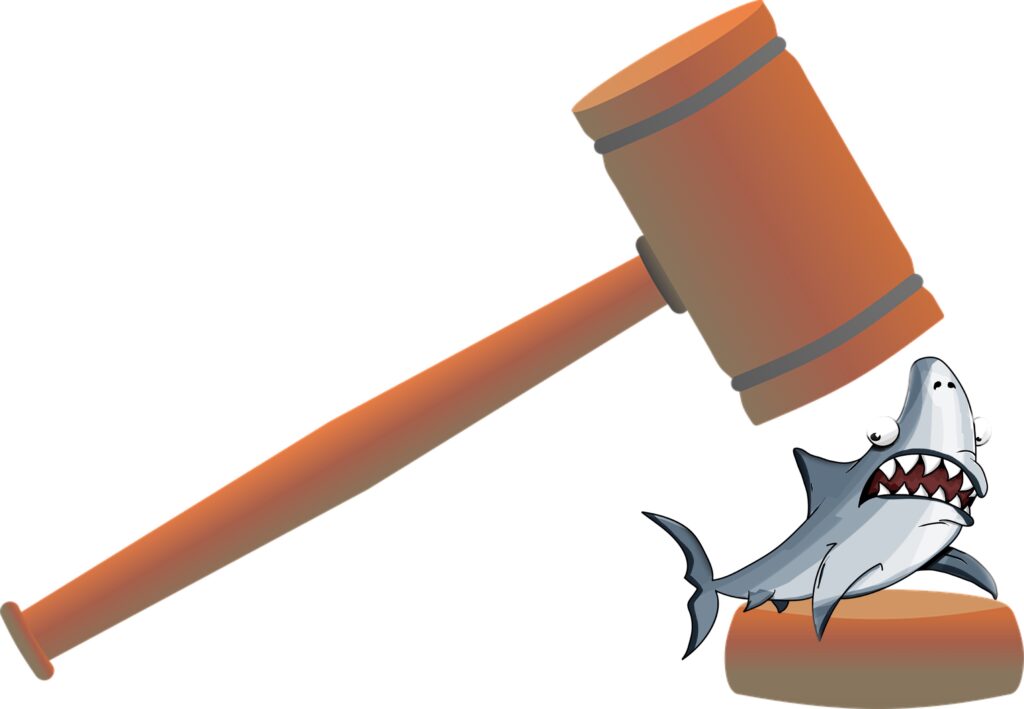Baker McKenzie built a global brand selling tax avoidance. Its work on behalf of oligarchs and sanctioned companies is stirring an ethics debate.
Revelations that one of the world’s biggest law firms has served oligarchs, sanctioned companies and accused fraudsters are reigniting a debate in the legal community over the role attorneys play in the offshore economy.
A Pandora Papers investigation found that Chicago-based Baker McKenzie and its affiliates have profited from work done for controversial people and companies — and that the firm played a role in shaping the offshore system and promoting aggressive tax avoidance strategies used by corporations to shift profits to tax havens.
“If lawyers are perceived as putting the interests of their clients, and their ability to earn fees, distinctly and regularly above the [public] interests … trust in the system begins to break down,” wrote Robert Barrington, a professor at the Centre for the Study of Corruption at the University of Sussex, in an article for law.com.
In a column, Law.com International Editor-In-Chief Paul Hodkinson wrote that the Baker McKenzie revelations opened a Pandora’s Box of ethics issues.
“The right to legal advice has always been a fundamental part of law,” Hodkinson wrote, “but to what extent firms choose to avoid clients with questionable reputations may become a bigger topic of debate.”
A related debate, Hodkinson said, is over how aggressively firms should fight for ethically dubious clients. He cited the case of lawyers at the elite Allen & Overy law firm who drafted a non-disclosure agreement that helped keep the lid on sexual harassment claims against film producer Harvey Weinstein. “There is providing legal advice,” Hodkinson said, “and there is going the extra mile for a questionable cause.”
The Pandora Papers is a trove of 11.9 million records that exposed the offshore financial secrets of hundreds of politicians, billionaires, celebrities, royal family members and other wealthy individuals in more than 200 countries and territories across the globe.
ICIJ’s investigation of Baker McKenzie was based on the new leak, as well as thousands of pages of public documents, previously undisclosed internal files from other leaks and dozens of interviews.
Baker McKenzie told the American Lawyer it strongly disagreed with ICIJ’s reporting, which the law firm said is “highly selective, contains inaccuracies and is speculative in nature.”
“Baker McKenzie is built on the principles of integrity, transparency, professionalism, and adherence to the highest standards of ethics,” a spokesman said. “We advise clients around the world on matters of law, and strictly comply with the law in every jurisdiction in which we operate.”
The law firm also posted a statement on its website entitled “Get the facts about our Global Tax Practice.”
Some legal experts suggested the investigation will spur law firms to rethink client vetting.
In an interview with the American Lawyer, William Byrnes, a Texas A&M law professor, questioned Baker McKenzie’s due diligence of its former client Jho Low, a fugitive businessman now accused of masterminding a scheme to embezzle billions of dollars from Malaysia’s 1MDB economic development fund. “Attorneys have to ask what the source is,” Byrnes said.
In the wake of the Pandora Papers, U.S. lawmakers proposed legislation that would force lawyers and other professional middlemen to vet clients to ensure they aren’t laundering dirty money.
The ABA Journal, the monthly publication of the American Bar Association, gathered reaction from other trade publications and quoted experts’ calls for new rules to combat money laundering.
Barrington, the anti-corruption professor, said the legal profession’s defense of itself has long been that all clients are equal before the law, that access to justice is a right and that even corrupt oligarchs are innocent until proven guilty.
But in his article — “Guardians of the Rule of Law or Professional Enablers?” — Barrington noted that this well-honed defense doesn’t work as well in an age of cross-border deals and globalization. “These principles were designed to protect the disadvantaged and downtrodden,” Barrington wrote. “They are now also used to protect those who are highly corrupt.”
Law firms should crack down on the worst behavior and strengthen their moral compass, Barrington wrote. “The legal profession needs to accept that there is a problem,” he said. ”At present there is denial, and merely a tired recycling of those old defenses.”
.
By Sydney P. Freedberg, October 13, 2021, published on ICIJ






